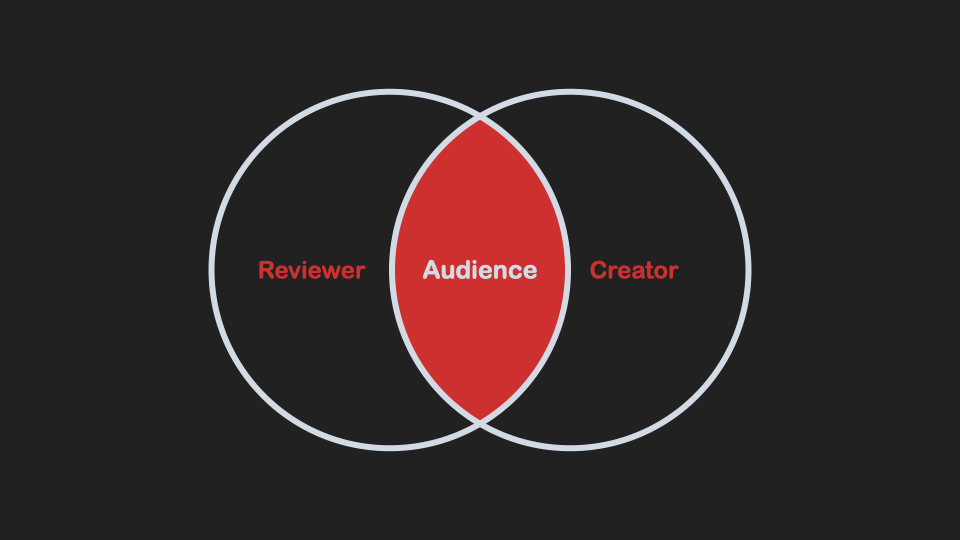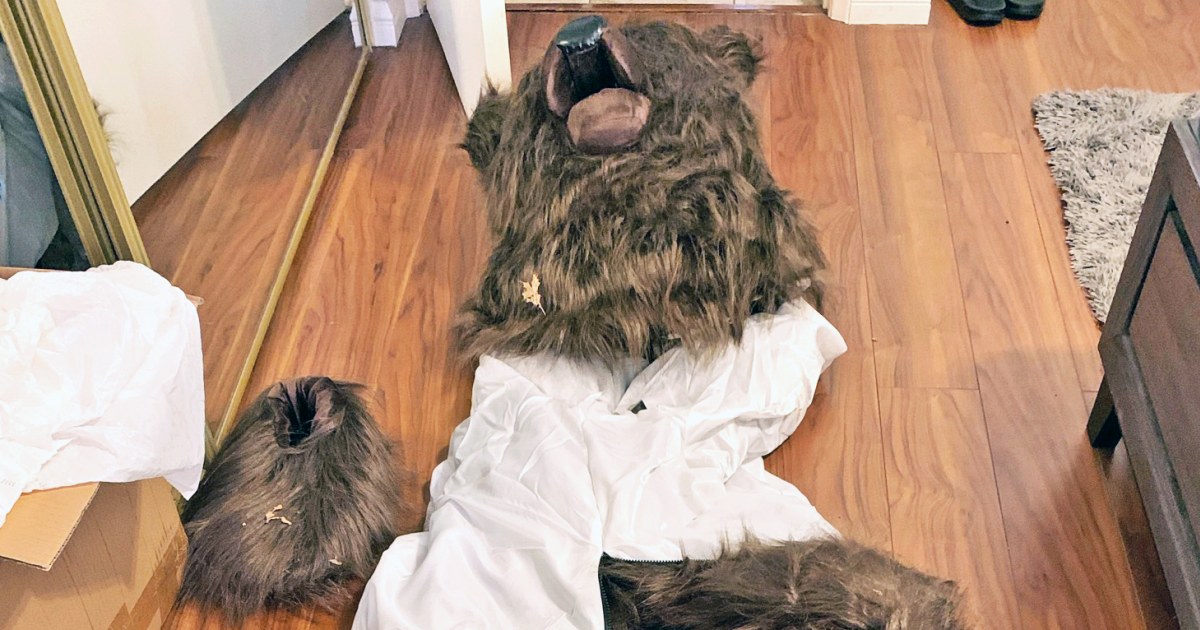Critiques that actually help. Here's how.

I have given critiques, I have received critiques. On all sorts of stuff: PowerPoint decks, project docs, industrial videos, scripts for two-act plays, stand-up performances. Even this newsletter.
And I've found some simple principles for giving and receiving critiques. These can produce more positive change, with a significant drop in the drama and doubt that can result when someone hands their baby over to you for judgement.
They aren't hard – a definition up front, then a new goal for the person giving the critique, and a new attitude for the person receiving.
Let's talk about it after the news.
What’s going on?
- Is this newsletter a day early or a week late?
Yes, it is.
Tomorrow is Thanksgiving, and I will be helping my family prepare for Friday, that grand holiday known as National Turkey Sandwich Day. I hope you have similar festivities planned with those close to you.
Last week I was sick. And there was a major storm here (officially a "bomb cyclone") that tore down trees, blocked roads, and knocked our power out for 94 hours.
November has been a ton of fun so far. Writing this newsletter has been a welcome refocus. So back to this week's topic!
Try this for critiques that actually help
Let's face it: a critique session is a tense session. The person giving the critique sincerely wants to help make the work better, and they want to be heard. The person whose work is being critiqued wants the work to be the best it can too, and they want to be successful.
Both parties can take positive steps to make this happen before the critique even starts.
When giving and receiving critiques: Define what kind of critique it is
It's easy for both parties to misunderstand what the critique is for in the first place. So for a successful collaboration (because that's what a critique is) you first need to set terms.
Level
There are multiple depths of review and editing, from developmental, to copy, to last-minute "does this make you vomit?" passes. I have done deep line-edit passes on material, only to find out it had been content-locked the week before, and they were just interested in my views on the tone.
So when you give your work to someone to critique, use their time wisely, and make sure they understand what level of critique you need. And if you're critiquing, make sure you understand your particular gig.
Target Audience
Who is this really for? When you present something for critique, provide a definition of the audience. Who are they? What do they already know? What is the need that this work will help fulfill?
And as a reviewer, make your review comments based on the target audience. It's not about you, it's about them. How well will the content work for them?
When giving critiques: Tell them what worked
You have the tell the creator what you want them to keep. If you concentrate only on what you want to change, the creator can end up painting over the good stuff as part of their next pass. I've seen pretty good drafts marred by a creator responding to a bunch of negative comments by rewriting what was already working well.
So tell them what you liked. You liked something. Let them know. When I'm editing a piece, I even leave an exclamation point next to anything I find particularly tasty.
And forget about the concept of the "sh*t sandwich" (say something nice, say a criticism, say something nice). It's simplistic, it's cynical, and it implies you have to fabricate two nice things to get to the "real meat" of the critique session. The stuff you liked, the things that worked, are as valid a part of a critique as corrections and changes. So point the good stuff out, and make sure it doesn't go away in the next draft.
Yes, you still want to note the things that didn't work, the things that disrupted the flow of the piece. But by describing what worked, you're putting those changes in context, and giving the creator a clear path forward.
Also, unless you are in a coaching role, focus on what to change, not how to change. The actual method, placement, wording, font, color choice, whatever, is up the person doing the next draft. You don't need to spend time telling them how to do their job. Unless it is in your job description to do so.
Again: as a reviewer, it's not about you. It's about the audience and the content.
When receiving critiques: Listen, record, and say thank you
Here's a counterintuitive fact: when receiving a critique, you have the power. You are ultimately the person who will decide how, and even if, the comments made will affect your next draft.
Now this power dynamic can get hazy depending on your relationship to the reviewer. You may need to make changes that you don't totally agree with when requested to by bosses and clients. But even then, it will be up to you to decide how. It's your hands on the keyboard/mouse/chisel/spraypaint can.
So don't treat the session as a thesis defence. Try not to get defensive at all. You're just there to gather information. Ask for clarification if necessary, but in general, just soak it all in. Record everything. Unless specifically asked by someone with the authority to ask, there's no need defend or explain.
Remember, everyone is trying to help. To the best of their abilities. If they're being rude and intrusive, then that's the best they can do with a limited interpersonal skill set. Treat them the same way you treat everyone: record their comments, and say thank you.
And then go and use all those comments/corrections/edits to make your next draft a banger that blows everyone socks off. You know, the great stuff that you and I know you're capable of.
Fun facts to know and share

I once wrote a film noir satire radio play where the McGuffin was a large wheel of incredibly valuable Camembert. I'm so glad to see I wasn't that far off the mark...

Rangers first became suspicious when the "bear" completely ignored a nearby pic-a-nic basket.

Well, this is disturbing...

Also creepy at times, but mostly amazing.

Well, crap. Now what do I do with all these monkeys?
Over to you
There's a scene in the old Monty Python's Flying Circus BBC show where two women are eating a painting. Literally. They pull off chunks of frame and canvas, and munch away, making "yummy" sounds. Then one woman turns to the other and says, "I don't know much about art, but I know what I like."
That's a critique I can get behind.
Until we talk again, I remain,
Your pal,
Jamie








